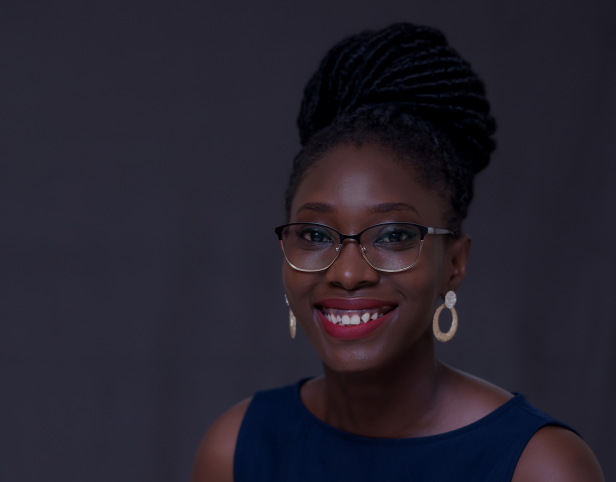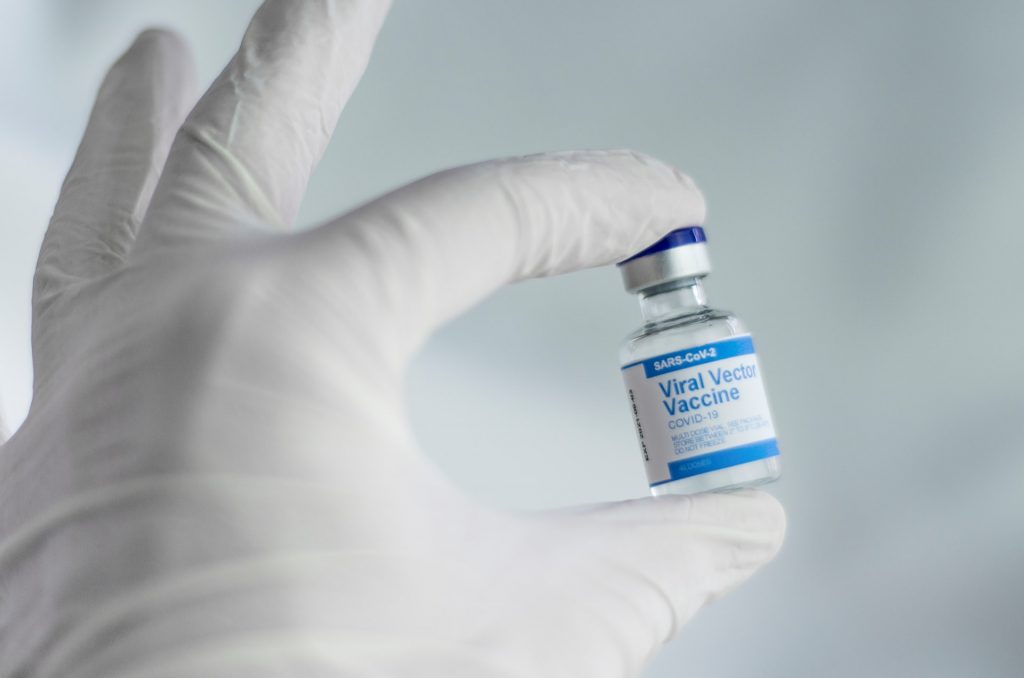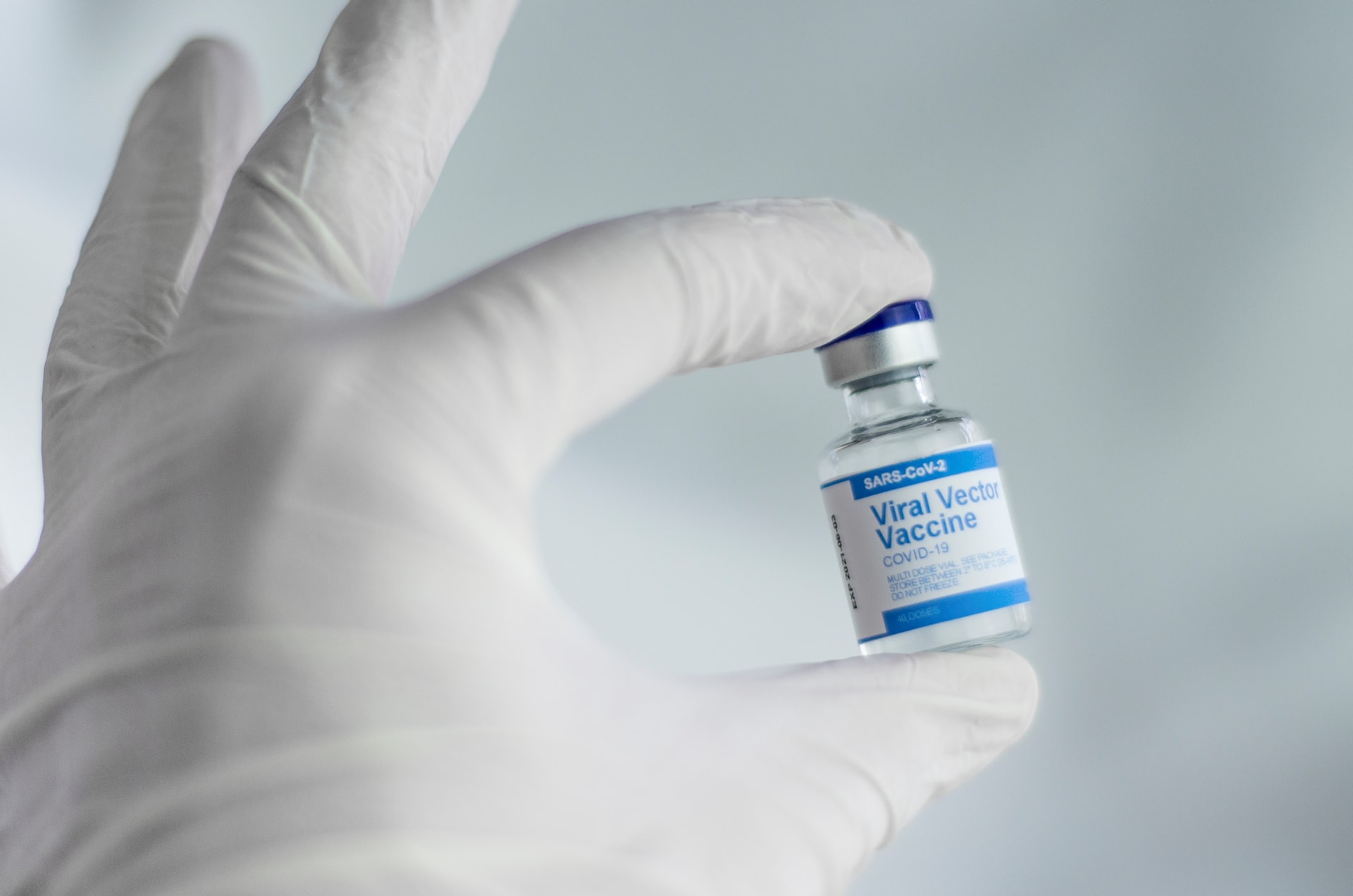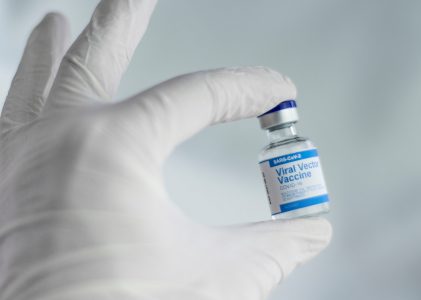
Not too far back, I sat through a meeting with a group of people discussing the future of development work and observed with amusement as they referred to the pandemic in the past tense. At the time, parts of Africa and Asia – particularly India – were experiencing their latest wave of the pandemic and recording deaths in numbers many had not seen since early 2020 when the first COVID-19 cases were reported. As they carried on discussing the vaccination numbers of their much wealthier Global North countries, I was aware that for us – people in the Global South, access to a vaccine would take months, maybe years. This was not by their own making, rather the reality of how little value is actually attached to their lives by global geopolitical and aid systems. It was yet another reminder for me of where we sit in the world and how that shapes our experiences. As a citizen of the Global South, who lives in a country where the majority of the school-going children have been unable to go to school for over two years, I do not have the luxury of imagining that we have seen the worst of the pandemic.
The real marker for global solidarity has been tested repeatedly during the pandemic, and those with power, resources and access continue to fall short as we all suffer the consequences of those actions. There is a lot to be said about the ways in which the world is reacting to the continued development of new variants of COVID-19. Perhaps unsurprisingly is how easy it has been to revert to entrenching historical injustices and aiding inequalities. As has been pointed out by several people including the head of the Africa Centre for Disease Control and Prevention (CDC), the latest reaction to the Omicron variant is a reminder of Africa’s place in the world. Against scientific facts, countries have once again sprung into issuing travel bans directed specifically at countries in Africa. This is against the relentless calls by scientists who argue instead for vaccine equity, removal of medical patents and a collective spirit as the only real ways out of the pandemic.

While the failures of hoarding life-saving vaccines are not contested, what bears repeating is what this means for the people who already exist on the margins of society. The pandemic continues to exacerbate inequalities; pushing poor people further into poverty, creating class disparities that will take decades to undo and undoing years of progress in education, health, reproductive rights, and so on – the list is endless. These realities vary from country to country, differ based on income gaps, and affect people based on gender and otherwise identity differently.
The last global pandemic, HIV and AIDS resulted in a painful legacy that many of us in Africa are still recovering from. The devastating effects of medical racism that saw access to life saving drugs restricted and narratives that defined Africa as the epicentre of the health crisis have continued to follow us into the now. We must ask ourselves what it means when once again, in the middle of a crisis that will undoubtedly influence forever how the rest of the world experiences life, those who have for long lauded themselves as “friends” of Africa watch as Africans die, and are isolated by inequitable travel bans and biased reporting from Global North media that frames this, once again, as an African issue.
Some philanthropic players have spoken out against vaccine discrimination toward the Global South but most are still silent.
Speaking specifically to those of us working in development, humanitarian and philanthropic work, we do a great disservice to those we claim to serve if we refuse to interrogate the ways in which these injustices play out and, further still, our own roles in contributing to further entrenching these systems. To actually shift power, it is important to pay attention to the patterns of how geopolitical and aid power actually work. It is impossible to adequately tackle poverty, regression of reproductive health rights for women, education, health and all these crises that have resulted from or been exacerbated by COVID-19 without addressing how and why we have come to be at this point. This requires that we confront the powerful, the rich and set the wheels in motion for addressing the root cause of the problem and not just the manifestation of it. As we have it, Global North countries who have for long fronted themselves as allies with an investment in humanitarian efforts across the world react by red-listing vaccines supplied to African countries, issuing travel bans, championing patents, sending vaccines to only their own citizens even in countries plagued by the pandemic and yet these truths are painfully missing in discussions around tackling the pandemic. Within the philanthropy and international aid space, the voices that exist against this injustice are on the margins. Some philanthropic players have spoken up against vaccine discrimination toward the Global South but most are still silent. Yet when the Global North has an agenda that it views as important, they expect the South to rally around it and to get on board. As if to say, only Global North agendas are valid. What should have been top of any development agenda is surprisingly missing.
Shying away from the realities of why certain countries will continue to need aid, while others are perpetually situated as “the aider” only points to the fundamental flaws around aid. If the purpose of the work we do is aimed at truly transforming the lives of communities that have traditionally been marginalized, then we must begin by addressing the why. The why in this instance requires us to confront the political and social orders that have resulted in increased inequalities and ultimately continue to lead to more harm than good.
Twasiima P. Bigirwa works with Segal Family Foundation

